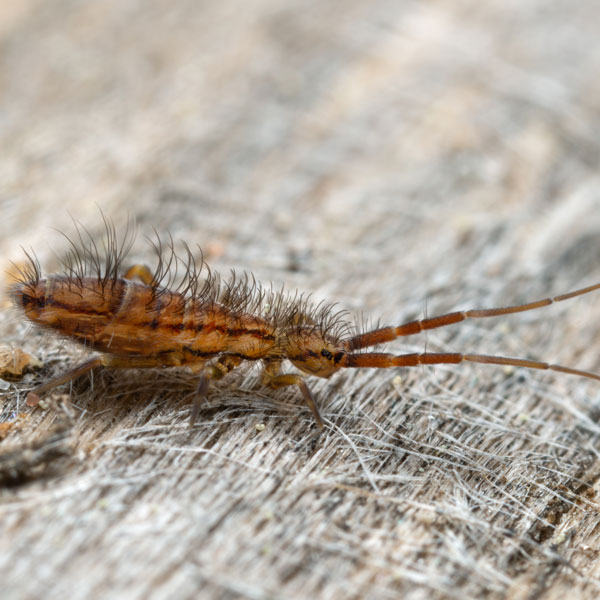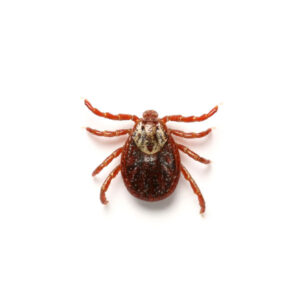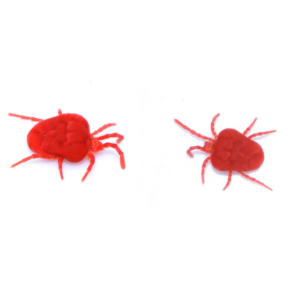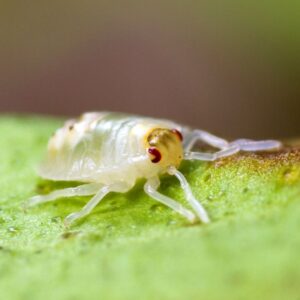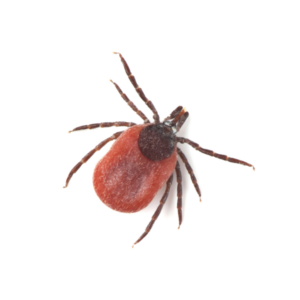Springtails in The Mississippi Gulf Coast
Springtails are tiny and occur in various shapes and sizes, however, they all have an appendage, called a furcula that is tucked up under their abdomen. When a springtail is disturbed, it releases the furcula, which propels the insect through the air and away from danger. These minute insects occasionally invade homes and are particularly prominent in basements, bathrooms, and kitchens. Most reports of hundreds or thousands of tiny, dark jumping insects can be correctly diagnosed as springtails.
Springtail Habitat
Springtails sometimes alarm homeowners by appearing in large numbers in moist indoor areas such as kitchen sinks, bathtubs, and in the soil of houseplants. They may also be found outdoors in swimming pools, moist landscaped areas or vegetable gardens, and on the surface of mud puddles. They usually appear in the spring and early summer, but can be found year-round in moist environments. Springtail infestations are usually associated with dampness, organic debris, and mold.
Springtail Behaviors, Threats, or Dangers
Since springtails jump when disturbed, they are sometimes confused with fleas. However, springtails do not bite humans or pets, nor do they spread disease or damage household furnishings. Mainly a nuisance pest, springtails can become a problem in newly constructed buildings because of damp building materials and wet plaster. As the building dries, the springtails will die off or leave. They can also be a nuisance around swimming pools when they fall in and drown in large numbers, often coating the pool surface. Although unsightly in the pool, they can be safely removed without cause for concern.
If you are dealing with springtails, contact your local flea, tick, and mite experts.
Need help with Springtail control?
We'll call you! Leave your information below.

